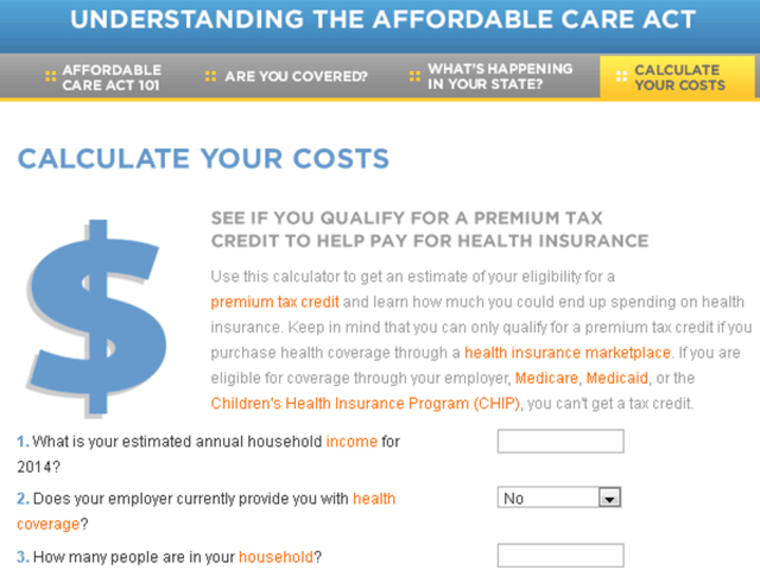
Many people will qualify for programs they previously did not have access to.Ĭonfused? See below to get answers to questions and find health insurance coverage near you.

While our state grapples with this crisis, it is important to highlight the health care safety nets in place that families can lean on during this time. The judge ruled Aetna’s decision to pull out was partially due to a federal antitrust lawsuit that blocked its proposed merger with Humana.Frequently Asked Questions: Health Insurance Options for Utahns in the Age of COVID-19ĬOVID-19 is having an immediate impact on Utah’s economy, causing a surge in unemployment claims, as thousands of Utahns face reduced income and increased financial instability. Since then, a federal judge has ruled that Aetna’s assertion to pull out due to lost money was false. In 2016, Aetna reported it was pulling out of the individual market in 15 states because it was losing money. The pullout is expected to leave many counties without coverage. Humana’s move to pull out affects approximately 150,000 policyholders in 11 states.

In February 2017, Humana announced it would no longer sell policies on the exchange in 2018, because it’s losing money. To address this problem, insurers can raise rates or pull out of the marketplace. The people signing up for ACA health insurance are sicker, and their care is more expensive than insurers expected. Department of Health and Human Services argued that subsidies also would rise, keeping the premiums affordable. In October 2016, it was announced that insurance plans sold through were expected to rise by 22 percent in 2017. Critics of the ACA point to: Rising costs The ACA has received a great deal of criticism. Employers that don’t offer employees the minimum health care insurance must make monthly Employer Shared Responsibility Payments to the IRS. The ACA does not apply to employees who work less than 30 hours per week. Employers with less than 50 full-time employees are not subject to the ACA’s mandate. Under the ACA, employers with 100 or more full-time employees were required to insure at least 70 percent of their full-time employees by 2015 and 95 percent by 2016.Įmployers with 50 to 99 full-time employees were required to begin insuring their employees by 2016. Individuals who participate in a recognized health care sharing ministry, whose employers’ health insurance is too expensive or are incarcerated may meet exception requirements. There are a few exceptions to the mandate. Failure to provide proof of health insurance may result in fees that are assessed through taxes.

The ACA requires individuals to have health insurance.
#2016 afordable health calculator free#



 0 kommentar(er)
0 kommentar(er)
